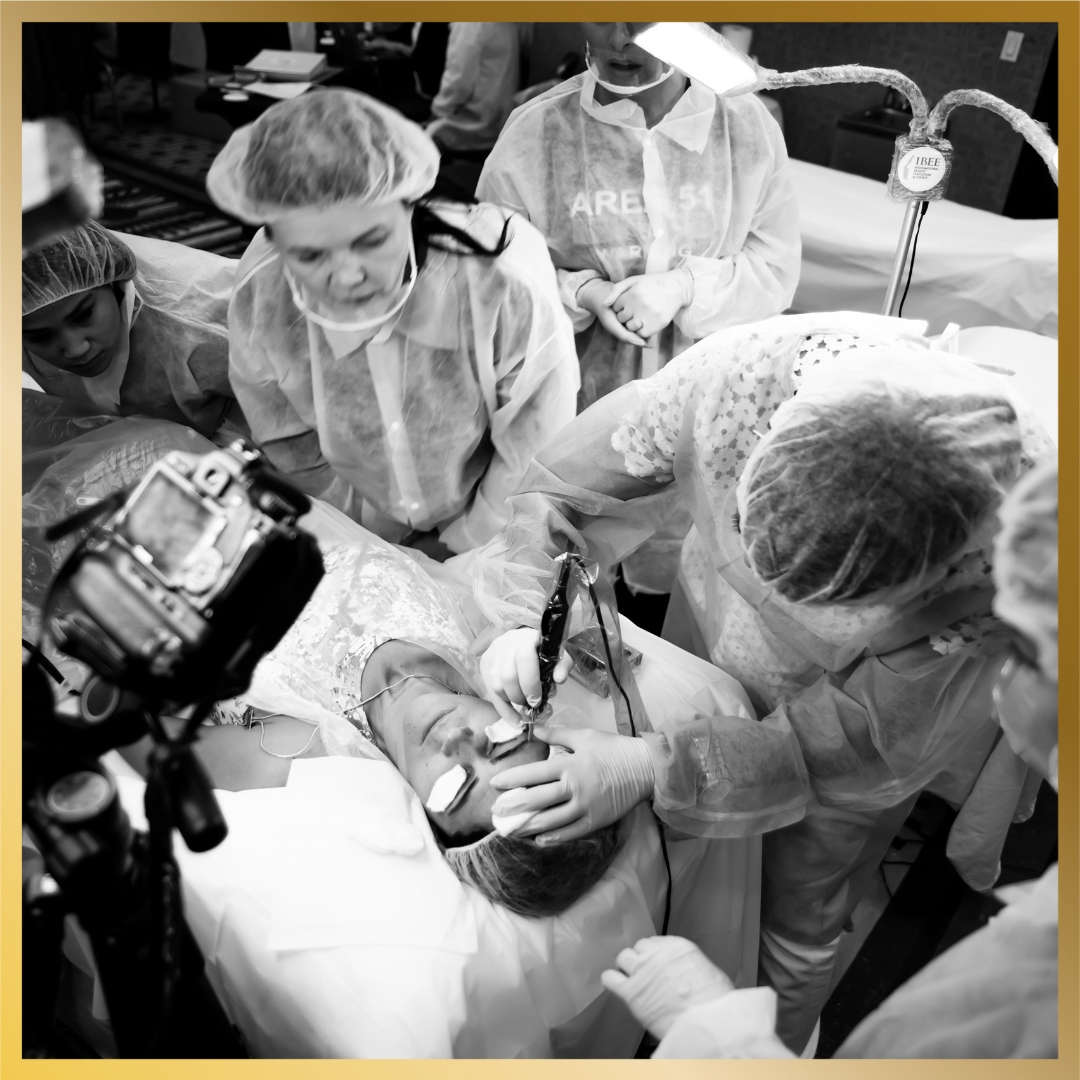What are the requirements to obtain a tattoo license (Body Artist License) in the State of Georgia?
In Georgia, the requirements for obtaining a Tattoo License or Body Artist License vary greatly in price and documentation from county to county, and sometimes from city to city within the same county. Please check with your local environmental health department and municipality on the exact requests for your area in the State of Georgia.
As a rule, in most counties, the first step is to file a complete written application and submit it along with the required documentation and all applicable fees, as follows:
- Proof of age
- Photo identification
- Proof of employment at a licensed Body Art Studio
- Proof of completion of Departmental exam. This exam is scheduled with your local environmental health office and pricing fluctuates throughout the year. In Fulton County the one-time fee for the exam is around $150.
- Proof of completion of Basic First Aid/CPR training
- Proof of completion of OSHA approved Bloodborne Pathogens (BBP)/Universal Precautions training. This BBP test must meet the OSHA Standard 29 CFR 1910.1030 and can be taken at the American Red Cross or the National Safety Council.
- Proof of Hepatitis B vaccination or doctor’s letter stating the applicant is free from contagious diseases.
- Verification of residency. The applicant must be an American citizen or legal alien.
- Body Artist License application fee of $125, renewable yearly.
Once you complete your BBP test, you must also complete a minimum of 200-300 hours of supervised Apprenticeship under a licensed tattoo artist. A good apprenticeship should qualify you for body tattoo and/or permanent cosmetics design, microblading, paramedical tattooing, piercing, hair scalp etc., as well as rules of safety and sanitation in the tattooing practice. As we indicated earlier, the apprenticeship requirement vary greatly from county to county and sometimes even from city to city within the same county.
Some cities also require liability insurance to protect you and your clients in case of accidents or injuries such as a skin cut, allergic reactions, infections etc. Again, you must check with your municipality on whether this is a requirement for your zip code.
If you are the owner of the establishment, you will need to apply for a Body Art Establishment Permit application and include in the application the names of all persons who work in your shop, the description of their duties, a detailed floor plan of your studio, as well as proof of residency (must be an American citizen or legal alien). Once your application is approved, your local health department will schedule an inspection of your tattoo studio to ensure that it meets safety and sanitation standards.
Please note that the establishment permit is linked to the location where the business operates, and the tattoo license pertains and belongs to the professional artist.
Again, we’d like to reiterate that Georgia does not have a consensus across the state when it comes to what is required from a new artist and what isn’t. The prices we indicated here are applicable to Fulton North, South and Central, as well as several other counties as of February of 2023. Please reach out to your local health department and municipality for further information before you start preparing your application.











Leave a comment
All blog comments are checked prior to publishing